Articles Tagged with #france
-
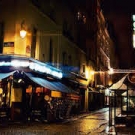
Dispatches
Paris, Exposed
by Jacqueline FeldmanThe layout of the French capital is famous for its density and opaqueness. Under attack, suddenly transparency is the norm.
-
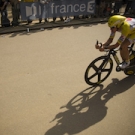
Book People
All the Bikes We Cannot See
by Matt SeidelA record number of injuries and disqualifications in this year’s Tour de France is being blamed on addictions to contemporary fiction.
-
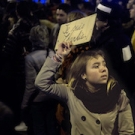
Realpolitiking
They Are Charlie
by Nathaniel MissildineAn American in Dijon, France, brings his country’s grasp of recent terrorism to a nation enthralled by theory, traumatized by attack.
-
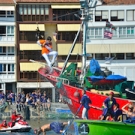
Letters From Eurozonia
Day of the Goose
by Dave SeminaraSmall towns around Europe host goose-pulling days—contests to snap the necks of birds at high speed. In the name of sport and pride, a tradition from the Middle Ages prospers, criticism notwithstanding.
-
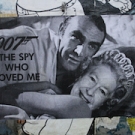
Surrealpolitik
Spies Like Them
by Giles TurnbullA group of gray-haired representatives from across Europe gather in a central London gentlemen’s club to discuss the United States’ aggressive spying techniques.
-

Gallery
Paris in the Seventies
From his new solo show in the United States, black-and-white selections from Takuma Nakahira’s “Circulation: Date, Place, Events,” plus a reprint of his 1973 essay, “Looking at the City or the Look From the City.”
-
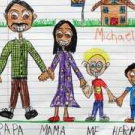
Americans Abroad
I Believe I Speak for All of Us
by Nathaniel MissildineBeing overseas, the traveler is often taken for a diplomat—to explain his native country’s strange ways and beliefs. For example, why do all Americans belong to cults? What does Michelle Pfeiffer eat for breakfast? And why so many guns?
-
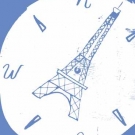
Paris, USA
Our French Connection
by Rosecrans BaldwinA two-week journey across the US—specifically towns named Paris, with a clipboard and a hundred questionnaires—to uncover what Americans think about the French.
-
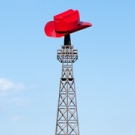
Paris, USA
Our French Connection
by Rosecrans BaldwinFor some Americans, the French way of life is best. Other people simply prefer “freedom fries.” A two-week journey across the U.S.—passing through a handful of towns named Paris—to find out what Americans really think about France today. (Part three of four.)
-
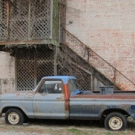
Paris, USA
Our French Connection
by Rosecrans BaldwinFor some Americans, the French way of life is best. Other people simply prefer “freedom fries.” A two-week journey across the U.S.—passing through a handful of towns named Paris—to find out what Americans really think about France today. (Part two of four.)
-
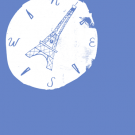
Paris, USA
Our French Connection
by Rosecrans BaldwinFor some Americans, the French way of life is best. Others simply prefer “freedom fries.” A two-week journey across the U.S.—passing through a handful of towns named Paris—to find out what Americans really think about France today. (Parts one through three of four.)
-
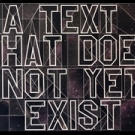
The Writing Life
Picture Me Not Posting
by Nathaniel MissildineIf distractions poison a writer’s ambitions, then surely a summer with no internet access is the antidote?